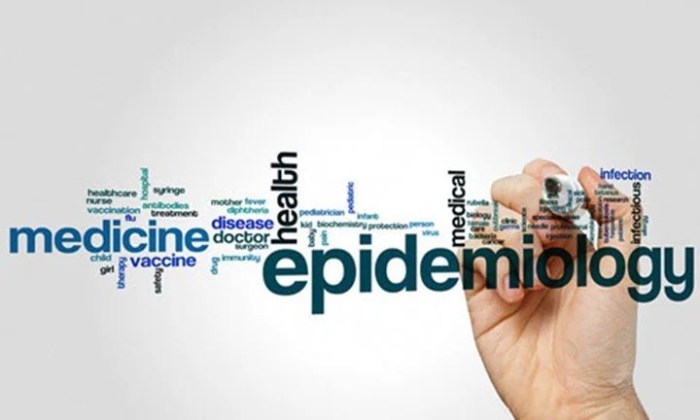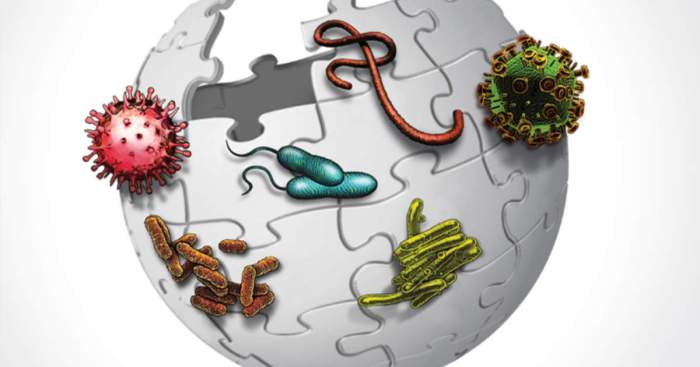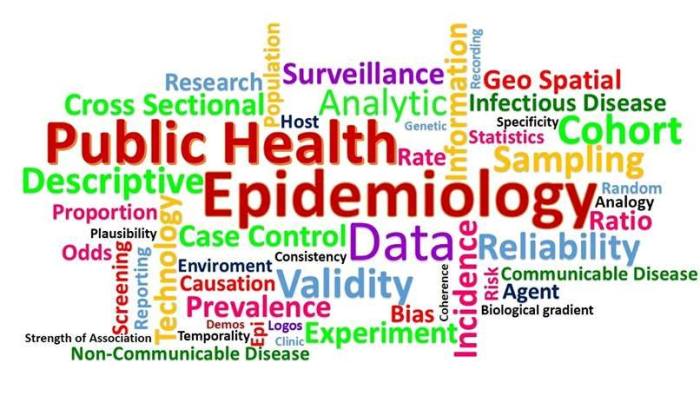Epidemiology and Public Health EDAPT (Environmental Determinants of Autism and Pregnancy Toxins) is a captivating exploration of the multifaceted relationship between environmental factors and public health. This article unravels the intricate interplay between epidemiology and public health, showcasing their vital roles in understanding and addressing the complex challenges that impact our health and well-being.
Epidemiology, the science of disease patterns and their determinants, serves as a cornerstone of public health, guiding the development and implementation of effective interventions to promote health and prevent disease. This article delves into the methodologies employed in epidemiology, highlighting the significance of observational and experimental studies, sampling techniques, and statistical analysis in uncovering the root causes of health disparities.
1. Epidemiology and Public Health
An Overview
Epidemiology is the study of the distribution and determinants of health-related states or events (including disease), and the application of this study to the control of diseases and other health problems. Public health is the science and art of preventing disease, prolonging life, and promoting health through organized efforts and informed choices of society, organizations, public and private, communities and individuals.
Epidemiology provides the foundation for public health by identifying the causes of disease and other health problems, and by developing and evaluating strategies to prevent and control them. For example, epidemiology has been used to investigate and control diseases such as cholera, smallpox, and HIV/AIDS.
Importance of Public Health
Public health is essential for promoting health and preventing disease. Public health programs and policies can help to improve the health of populations by:
- Providing access to clean water and sanitation
- Promoting healthy eating and physical activity
- Immunizing people against preventable diseases
- Screening for and treating diseases early
- Educating people about health risks and how to protect themselves
2. Methods in Epidemiology

Types of Epidemiological Studies
Epidemiological studies can be classified into two main types: observational studies and experimental studies.
Observational studiesobserve the occurrence of health-related events in a population without manipulating the exposure or outcome of interest. Examples of observational studies include case-control studies, cohort studies, and cross-sectional studies.
Experimental studies, on the other hand, manipulate the exposure or outcome of interest to assess the effect of the exposure on the outcome. Examples of experimental studies include randomized controlled trials and community trials.
Sampling and Data Collection
In epidemiological research, it is often necessary to collect data from a sample of the population rather than from the entire population. Sampling is the process of selecting a subset of the population that is representative of the entire population.
Data collection methods in epidemiology include surveys, interviews, medical records, and environmental monitoring.
Statistical Methods
Statistical methods are used to analyze epidemiological data and draw conclusions about the relationship between exposure and outcome. Common statistical methods used in epidemiology include descriptive statistics, inferential statistics, and regression analysis.
3. Applications of Epidemiology in Public Health: Epidemiology And Public Health Edapt

Identifying and Addressing Public Health Problems, Epidemiology and public health edapt
Epidemiology is used to identify and address a wide range of public health problems, including:
- Communicable diseases
- Chronic diseases
- Environmental health problems
- Occupational health problems
- Mental health problems
Epidemiology provides evidence-based information that can be used to develop and implement effective public health interventions.
Developing and Evaluating Public Health Interventions
Epidemiology is also used to develop and evaluate public health interventions. Public health interventions are programs or policies that are designed to improve the health of a population. Examples of public health interventions include:
- Health education campaigns
- Immunization programs
- Screening programs
- Environmental regulations
Epidemiology can be used to evaluate the effectiveness of public health interventions and to identify ways to improve them.
Surveillance Systems
Surveillance systems are used to monitor the occurrence of health-related events in a population. Surveillance systems can be used to detect outbreaks of disease, track the progress of chronic diseases, and identify emerging health threats.
4. Challenges and Future Directions in Epidemiology and Public Health

Challenges
Epidemiologists and public health professionals face a number of challenges, including:
- The increasing complexity of health problems
- The need for more timely and accurate data
- The need for more effective public health interventions
- The need for more interdisciplinary collaboration
Future Directions
Emerging trends and innovations in epidemiology and public health include:
- The use of big data and machine learning to improve the accuracy and timeliness of data
- The development of new methods for evaluating the effectiveness of public health interventions
- The increasing use of interdisciplinary collaboration to address complex health problems
Importance of Interdisciplinary Collaboration
Interdisciplinary collaboration is essential for addressing public health issues. Epidemiology and public health professionals need to work together with other disciplines, such as medicine, sociology, economics, and environmental science, to develop and implement effective solutions to public health problems.
FAQ Resource
What is the primary focus of epidemiology?
Epidemiology investigates the distribution and determinants of health-related states or events (including disease), and applies this knowledge to control diseases and other health problems.
How does public health utilize epidemiology?
Public health relies on epidemiology to identify health problems, develop and evaluate interventions, and monitor and respond to health threats.
What are some common challenges faced by epidemiologists and public health professionals?
Challenges include addressing health disparities, emerging infectious diseases, and the impact of environmental factors on health.